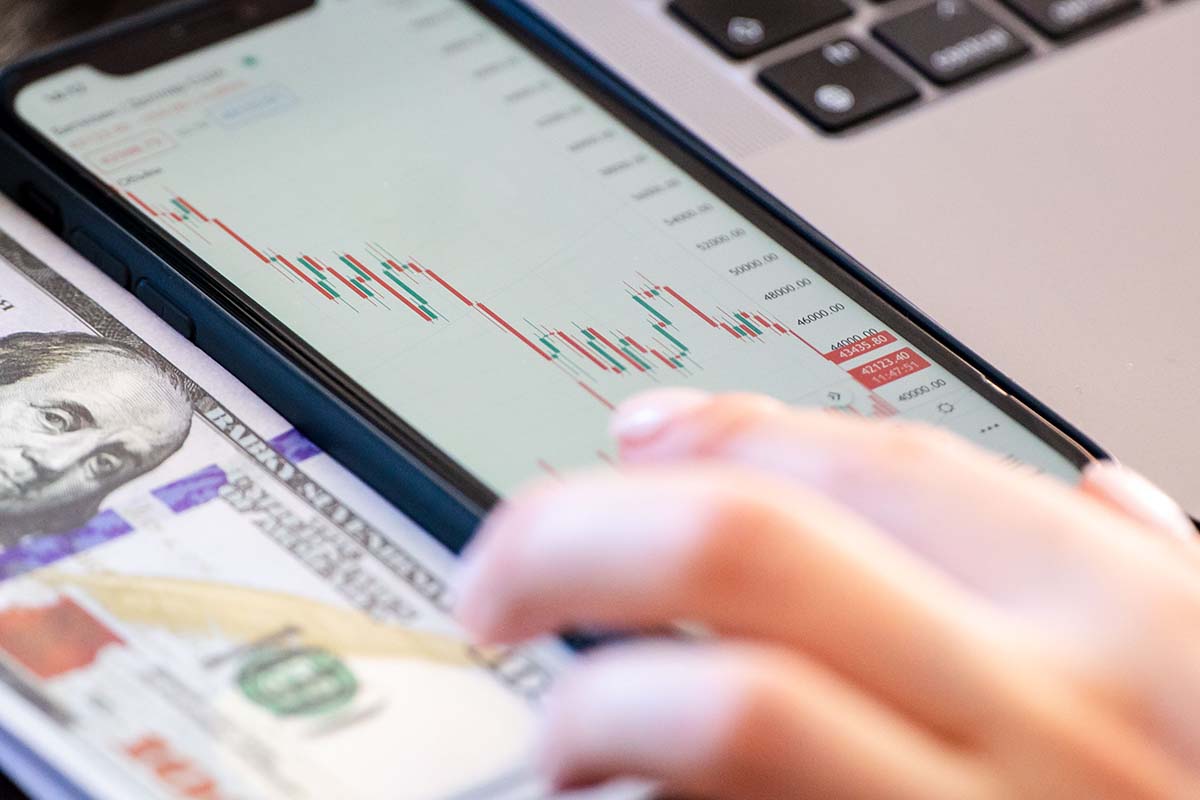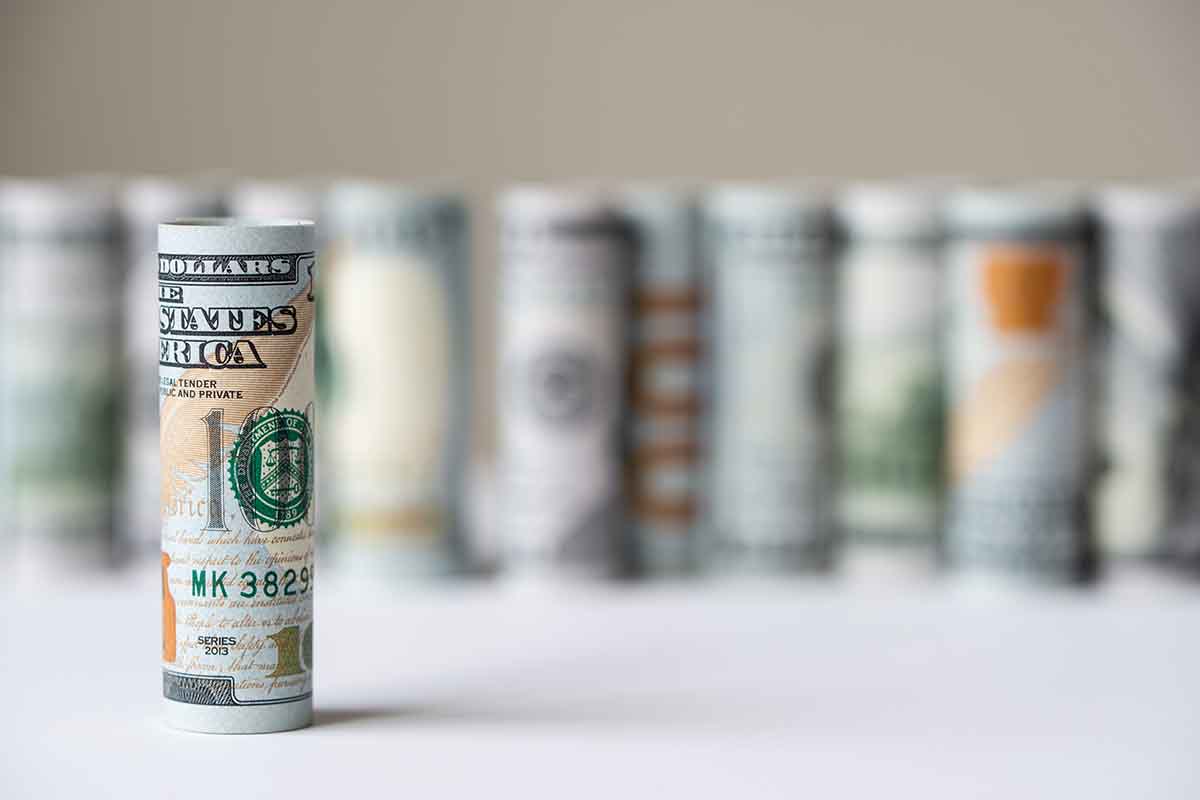What Are Business Financial Assets?
Financing a business can be tough when so many different options are available. You may have used short term loans, business credit cards, or even investors. But within your business finance, there are different assets that also have value. If you want to find out more, keep reading and discover your business financial assets.
What Is It?
A financial asset in terms of your business is anything with a value and can range from your cash flow to the shares in your company. Financial assets are purely related to the finances of your business, and they don’t even have to be a physical item to have value. This means the shares in your business can fluctuate in value, so they can sometimes be a more valuable financial asset, or if the stocks drop, their value can decrease.
Categories Of Financial Asset
There are different types of financial assets, and their categories split them up even further than just cash flow and shares. Here are some of the most common types:
- Tangible assets: These are based on physical items that you own within your business. This could be land, properties, or cash.
- Intangible assets: These are assets that do not have a physical nature. So, the shares of your company would be considered an intangible asset. This is because they get their value from outside influences. Whereas a certain amount of cash can only be worth what it is.
Benefits Of Financial Assets
Having a lot of high-value financial assets can be great for your business as it means you’re expanding and making a viable profit. These assets are also easy to turn into cash flow. For example, if you have high-value shares, you can benefit from selling them.
Similarly, financial assets can get more and more valuable over time to be more beneficial than physical assets like property. Financial assets also show the profitability of your business. So, if you’re looking for outside investors, this will help attract them as your business is seen to be thriving and worth the risk of investing.
Negatives Of Financial Assets
Physical assets have a pretty set value, and though they can increase and decrease, they shouldn’t affect your business. However, if your financial assets decline in value, this can mean something within your business isn’t working quite right.
If you rely on purely financial support to show the value of your business, you might find that investors can be put off. This is because financial assets fluctuate a lot more than physical assets like machinery, whose value won’t change too much.
Ideally, you’ll want to hold both physical and financial assets within your business to demonstrate your success. Having both will also benefit you when it comes to knowing how well your business is doing. You’ll want to maintain both as well. For example, you might have a great expensive office building to show off your physical assets, but if your shares are rapidly decreasing in value, your overall business value will be dragged down with it. Make sure that you keep on top of your financial assets so you can be sure your business is heading down the road to success.




















